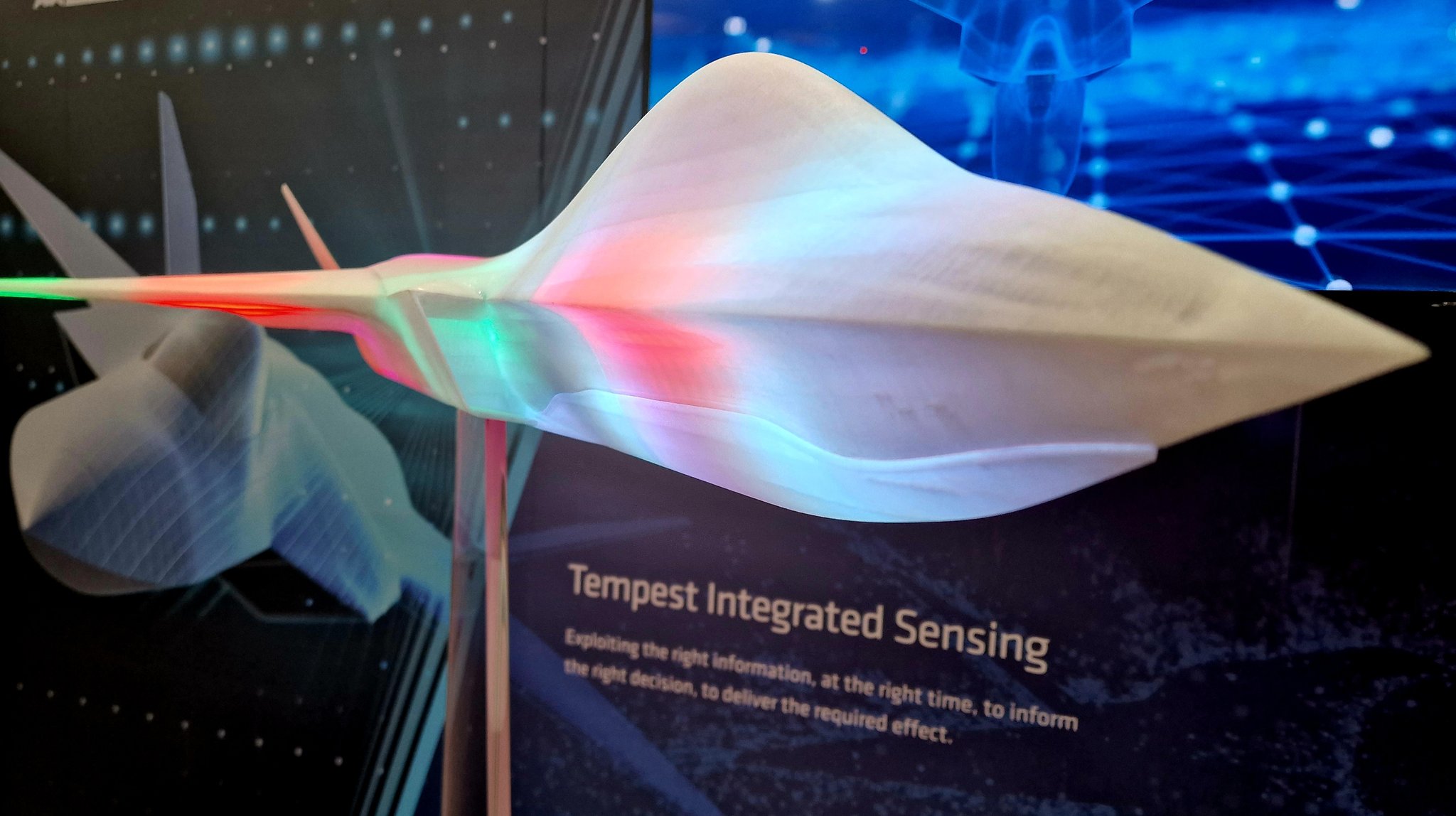Tempest, that’s why Japan allied with the UK and Italy

With the agreement between Rome, London and Tokyo on the convergence of the Tempest and FX programs to develop the sixth generation air combat system by 2035, it is the first time that Japan has bypassed the traditional partnership with the US in defense
Japan, the United Kingdom and Italy have formalized the agreement to merge their Tempest and FX sixth-generation fighter programs.
With the participation in the Tempest program, for the first time Tokyo bypasses the traditional partnership with the USA.
Until now, Japan has worked exclusively with US partners on major military programs. The trinational project co-founds Japan's FX program with the UK and Italy's Tempest project, marking a shift in the Asian country's role in the global defense industry after years in the shadows.
Also, as Reuters reports, Japan's ruling party is discussing whether to loosen the rules on arms exports. Without a change, the UK would not be able to sell any fighters it builds with Japan.
All the details.
WHY JAPAN BETCHED ON THE BRITISH-ITALO TEMPEST FOR MILITARY COLLABORATION
On December 9, the heads of governments of Italy, Japan and the United Kingdom announced in a joint statement the launch of the Global Combat Air Program (Gcap) for the development of a new generation combat aircraft by 2035.
The agreement effectively combines the British-led Tempest project — in which our country participates to replace Typhoon fighters — with Japan's FX program in an undertaking called the Global Combat Air Program (GCAP), relating to the development of a next-generation systems and multi-domain operations.
Behind the effort that has brought Asia's largest developed country to the negotiating table with the United Kingdom is a sense of frustration in Tokyo at the United States' habit of keeping its most cutting-edge technology to itself. say analysts quoted by the Financial Times .
“Japan will continue to have a very close relationship with the United States,” says Norman Bone, president and chief executive officer of Leonardo UK, one of Team Tempest's industrial partners. “But there are certain points where countries have to decide that they must have freedom of action on land. When they want that freedom of action on the ground, there are times when the US model doesn't apply."
In late 2020, Japan's Defense Ministry selected Lockheed Martin, the US manufacturer of the F-22 and F-35 stealth fighters, as a partner for MHI, which heads the FX program. But it also continued its discussions with BAE Systems and engine maker Rolls-Royce, according to the ministry. In July, the UK formally announced it would conduct a joint conceptual analysis on future combat air capabilities with Japan and Italy.
THE SOVEREIGNTY ISSUE
Although Lockheed remains a partner, those involved in the discussions say talks with the US company have stalled over concerns in Tokyo that the aircraft would use US technology designed for the F-22 and F-35. .
This would limit the use of Japanese technology, resulting in a “black box” fighter without access to the source code required for independent updates – something the Japanese Air Force would like and many lawmakers consider essential to sovereignty.
Sovereignty is also a key issue for Japan as it attempts to build defense capabilities to reflect a changing geopolitical landscape.
“Japan is looking for flexibility with fighter jet upgrades, so a black box is not acceptable. We can't touch the F-35,” MHI's defense and space chief Naohiko Abe said at the Ft . "But if it makes a difference to work with the US or the UK, there's not a big difference in terms of development from a business point of view."
WASHINGTON'S REACTION TO JAPAN'S PARTICIPATION IN THE TEMPEST
Furthermore, in the joint statement, the three countries stress that "future interoperability" for jets is foreseen with allies including the United States and NATO and partners in Europe and the Indo-Pacific.
And the United States has welcomed the trilateral agreement between Japan-Italy-United Kingdom.
“The United States supports Japan's security and defense cooperation with like-minded allies and partners, including with the United Kingdom and Italy,” the US Department of Defense said in a joint statement. with the Japanese Ministry of Defense.
PUSHING MILITARY EXPORTS
Meanwhile, Tokyo's ruling party is discussing whether to loosen rules on the export of military equipment.
"Japan cannot oppose the exports and neither can we insist that the Japanese components be removed, so we are discussing what we can do about it," said Itsunori Onodera, chairman of the Liberal Democratic Party's National Security Research Commission and former minister of Defense.
As Reuters reported in late November, the country lifted its ban on military exports in 2014 in a bid to boost overseas sales. He hoped the change would allow his military to cut procurement costs and give domestic weapons manufacturers such as Mitsubishi Heavy Industries access to overseas markets that would boost profits and strengthen the nation's defense industry. However, the hoped-for export boom did not materialize. The country has only allowed the sale of non-lethal weapons such as surveillance and rescue equipment. “If we intend to sell beyond the countries we develop together with, we will have to settle the argument at home,” Onodera stressed.
Without a change in the rules, Britain would not be able to sell any fighters it builds with Japan, stressed the former Japanese defense minister.
This is a machine translation from Italian language of a post published on Start Magazine at the URL https://www.startmag.it/smartcity/tempest-ecco-perche-il-giappone-si-e-alleato-con-regno-unito-e-italia/ on Mon, 12 Dec 2022 06:31:05 +0000.
